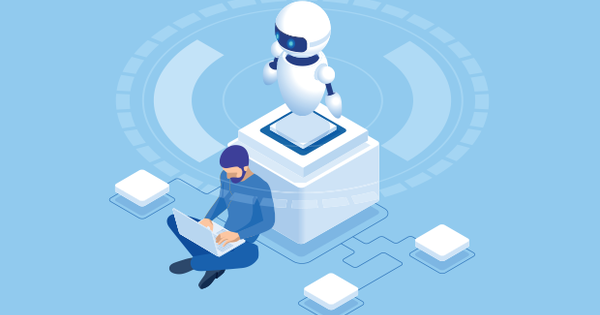The adoption of AI in academia presents both opportunities and challenges. AI has the potential to revolutionize academic research by automating routine tasks, enhancing research efficiency, enabling new modes of discovery, and improving student learning. However, the adoption of AI also presents challenges, including the need for new skills, potential for bias and ethical concerns, transparency and explainability, and data privacy and security. As AI continues to evolve, it will be important for academia to navigate these challenges to realize the full potential of this transformative technology.
Opportunities of AI in Academia
- Automating Routine Tasks: AI can help automate routine tasks, such as data entry and analysis, freeing up time for researchers to focus on more complex tasks. For example, AI can be used to analyze large amounts of data, identify patterns, and generate hypotheses, allowing researchers to focus on developing and testing new theories.
- Enhancing Research Efficiency: AI can also help enhance research efficiency by enabling researchers to search and filter through large volumes of literature and data more quickly and accurately. This can help researchers stay up-to-date with the latest research and identify new research opportunities.
- Enabling New Modes of Discovery: AI can enable new modes of discovery by identifying patterns and relationships that are not immediately apparent to humans. For example, AI can be used to analyze complex biological data sets and identify potential new drug targets or to analyze social media data to identify patterns of behavior or sentiment.
- Improving Student Learning: AI can also be used to improve student learning by personalizing learning experiences and providing feedback. For example, AI can be used to adapt the difficulty level of assignments based on the student’s performance or provide instant feedback on written assignments.
Challenges of AI in Academia
- Need for New Skills: The adoption of AI in academia presents a need for new skills, including data analysis, machine learning, and programming. This presents a challenge for researchers who may not have a background in these areas and may require additional training.
- Potential for Bias and Ethical Concerns: AI systems are only as unbiased as the data they are trained on, and there is a risk of bias and ethical concerns if the data is not representative. For example, if an AI system is trained on a biased data set, it may reproduce and amplify that bias in its results.
- Transparency and Explainability: There is a need for transparency and explainability in AI systems used in academia, particularly in fields where decisions based on AI can have significant real-world consequences. It is important to be able to understand how AI systems arrived at their results to ensure that decisions are based on sound science.
- Data Privacy and Security: The use of AI in academia also presents concerns around data privacy and security. Researchers need to ensure that personal data is protected and that data is used only for its intended purpose.
















